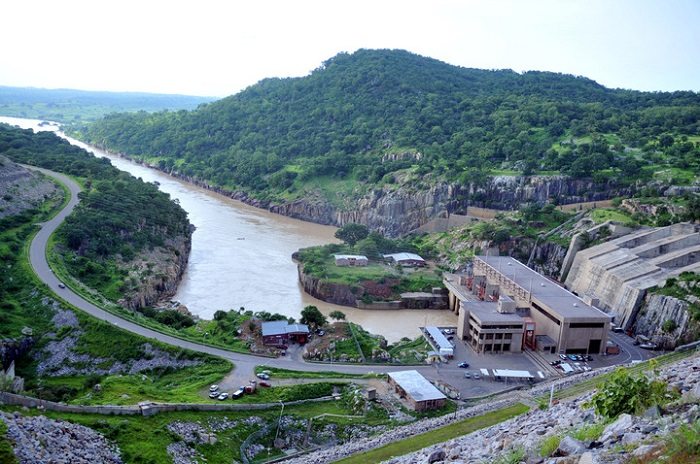Batoka project to generate US$750m annually
THE 2400MW Batoka Gorge Hydro-Electric Scheme is set to generate around US$750 million annual revenue and spawn modern cities for Zimbabwe and Zambia.
This comes as the Zambezi River Authority (ZRA), mandated to manage Lake Kariba, dam installations and Zambezi River which forms the boundary between Zambia and Zimbabwe, is finalising preparatory activities for the implementation of the project.
Hwange Rural District Council and Mukuni Development Trust in Zambia are expected to develop multi-million dollar cities around the project site while the project will also result in over 10 000 direct and indirect jobs.
In a statement read on his behalf by water resources and environmental management director Engineer Christopher Chisense, chief executive Engineer Munyaradzi Munodawafa said the project would bring positive development in communities in the two neighbouring countries.
“The authority is pleased to note that some stakeholders have also started positioning themselves to take advantage of the planned construction of the project. Hwange Rural District Council in Zimbabwe is making plans to develop a multi-million-dollar Iconic City near the project site so as to take advantage of the economic benefits,” said Eng Munodawafa.
“A similar project is expected to be unveiled by the Mukuni Development Trust in Livingstone, Zambia. Such undertakings will bring about numerous indirect jobs to benefit thousands of Zambians and Zimbabweans.”
The Authority, he said, foresees major economic benefits and generate revenue of over USD$750 million annually which would enhance the two countries’ Gross Domestic Product (GDP)
ZRA has concluded disclosures for the draft Environmental and Social Impact Assessment (ESIA) in communities set to be affected by the Batoka Gorge project.
Some of the reviews to the project include reducing the height of the dam to 175 metres from the initial plans to reach the top of the gorge to mitigate against the threat of backflow to surrounding communities.
“Among the mitigation measures highlighted during the disclosure meetings include the decision to limit the dam height to 175m instead of building the dam to the top of the gorge, so as to prevent the water backflow from reaching and impacting areas of special interest such as the Victoria Falls, the existing ZESCO Limited Power Station, the Victoria Falls and Mosi-o-Tunya National Parks.
“The other measures highlighted included the adopted reservoir operation rules that were developed with a view to ensure the balancing of power generation whilst allowing for the continuation of other river-based activities and environmental flows (e-flows). This includes activities such as White-Water Rafting and e-flows that would support the continued existence of downstream ecosystems,” he said.
Disclosure meetings have been held in areas under Chiefs Hwange, Shana and Mvutu in Zimbabwe as well as Chiefs Sipatunyana, Simwatachela and Mukuni in Zambia.
They were also held in Kazungula, Zimba and Kalomo local authorities in Zambia and Hwange Rural Council in Zimbabwe.-herald.cl.zw










